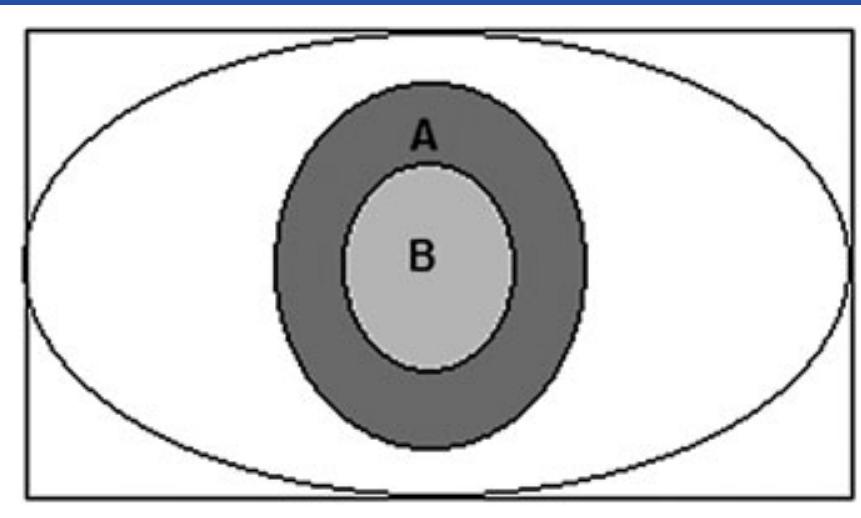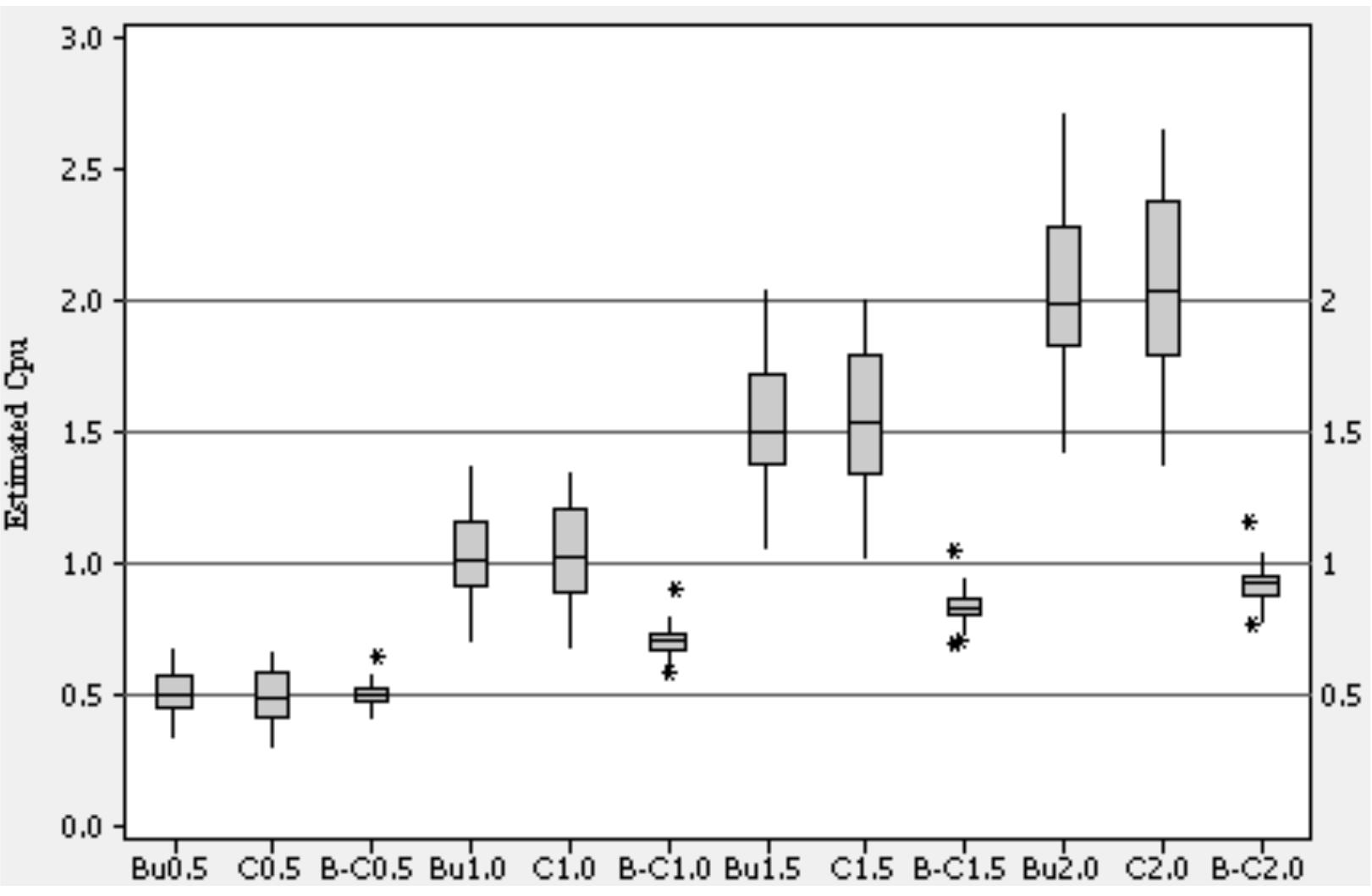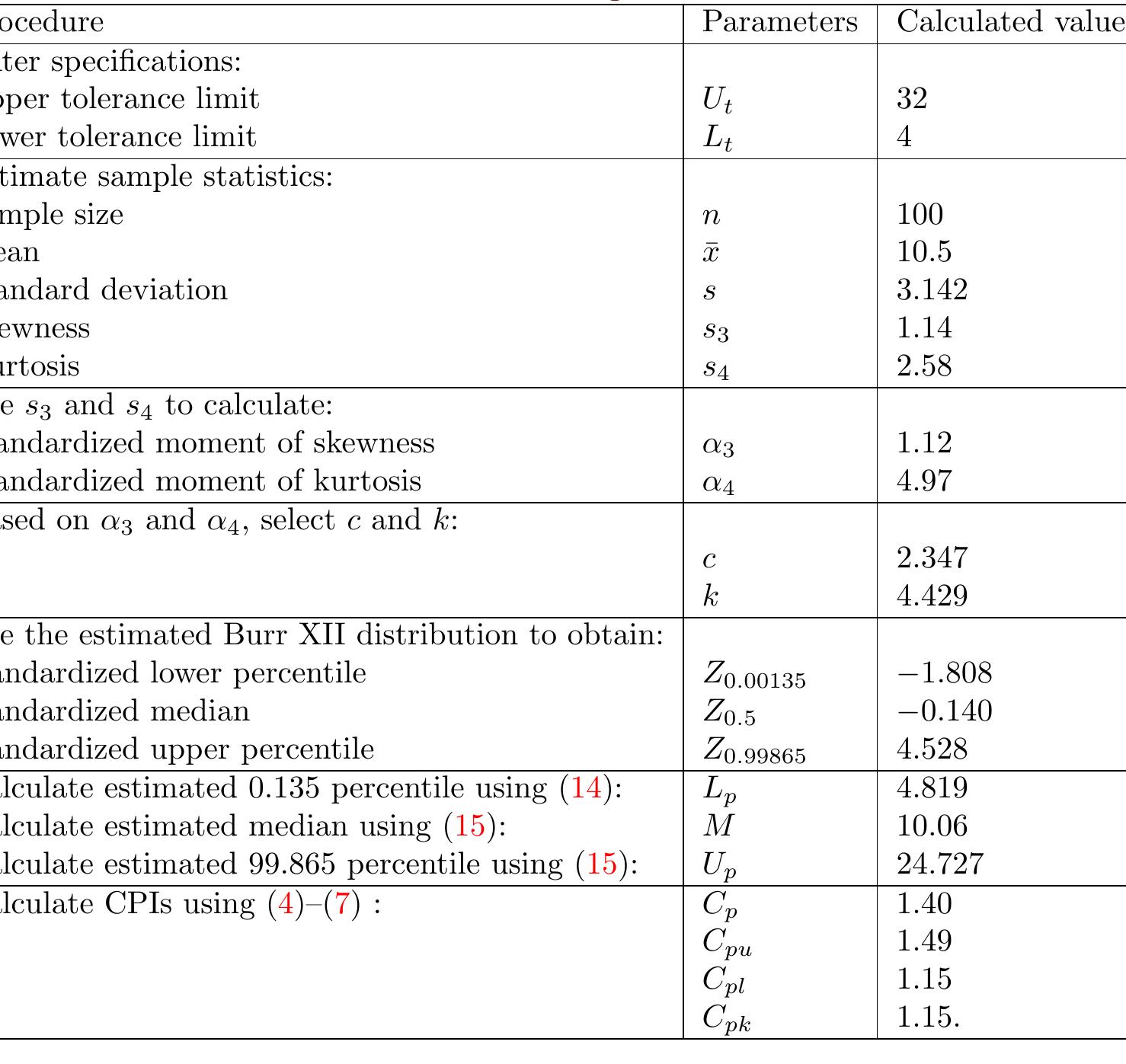Key research themes
1. How can infrastructure architectures enhance seamless automatic configuration and context-awareness in ubiquitous computing?
This research area focuses on designing and implementing software infrastructures and middleware systems that support automatic configuration, dynamic adaptation, and context-aware interactions in ubiquitous computing environments. These infrastructures aim to reduce user overhead in managing heterogeneous and mobile devices, enable smooth task migration across locations, and provide high utility by learning user intents and environmental context. This is critical because ubiquitous computing ecosystems are characterized by dynamic resource availability, diverse device capabilities, and the need for minimizing user intervention while maximizing system utility.
2. What role does context-awareness and multimodal interaction play in enabling human-centric ubiquitous communication?
This theme explores how context-aware systems and intimate, seamless human-computer interactions can be designed to better integrate computing into everyday life. Research in this space examines context capturing, interpretation, and dynamic adaptation to user location, activity, and preferences. Studies investigate how multimodal input/output (such as wearable computing, visual markers, speech, and augmented reality) and intimate computing paradigms can be leveraged to support emotional, social, and cognitive aspects of human communication within ubiquitous environments. This focus is crucial as it addresses usability, acceptability, and the enhancement of natural communication in ubicomp.
3. How can computational methods like signal processing and security mechanisms support the development of robust, context-aware and mobile ubiquitous systems?
This theme deals with the application of specific computational techniques such as multiwavelet transforms for multilingual information retrieval and the use of advanced public key cryptography tailored for resource-constrained mobile devices and payment systems. It also includes investigations into efficient cryptanalysis methods of RSA schemes in the context of mobile security. These computational underpinnings are critical enablers for robust, private, and efficient information exchange and intelligent data retrieval in ubiquitous computing settings where devices are heterogeneous, contexts are dynamic, and security and efficiency are paramount.





































































